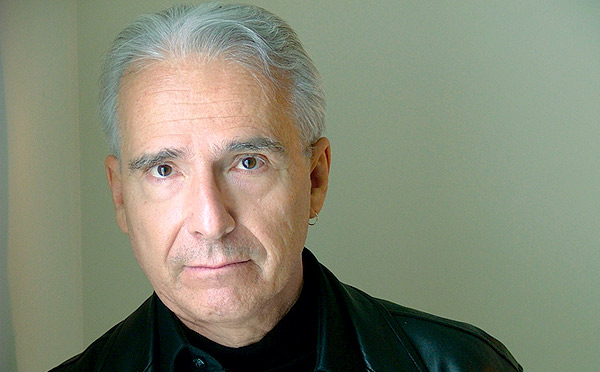
The Defiant Muse Through October 28th. Tue-Thu at 7:30 p.m.; Fri at 8 p.m.; Sat at 5 and 8:30 p.m.; Sun at 3 p.m. $35-$45, discounts available. Victory Gardens Biograph Theater, 2433 N. Lincoln Ave.; 773-871-3000.
Back in 1967, Chicago playwright Nicholas A. Patricca traveled to San Miguel de Allende in Mexico, where he first heard about a feminist Carmelite nun who had died nearly three centuries earlier. Sor Juana Inés de la Cruz, a casualty of Mexico City’s plague of 1695, was a remarkably learned woman who held salons in her monastic cell, and wrote love poems and essays extolling a woman’s right to an education. Patricca recalls seeing her face everywhere, including on the then 20-peso note. But it was her poems that pierced his heart, especially the audacious statement “I am love.” Bowled over, Patricca vowed to get to know Sor Juana. Forty years later, through writing The Defiant Muse, he has finally accomplished his goal.
Since that first encounter with Sor Juana’s poetry, you’ve focused your efforts on other strong historic figures—all men. Why did it take so many years to dramatize Sor Juana’s life? I finally feel old and mature enough to write a play about a woman. But the play is not at all meant to be a biography. Sor Juana hid in her poems. My goal was to show the inner life of an artist, an idea I struggled with.
What intrigues you most about her? Because of the limited options for women of that time, Sor Juana had more freedom as a nun than as a wife. In fact, she owned property. Through her, I wanted to illustrate my belief that issues of women’s rights later led to issues of sexual freedom.
You’re the president of the Chicago Network for Justice and Peace. Where does your interest in human rights come from? Growing up poor and powerless in an Italian immigrant community in Pittsburgh, I had a strong resentment against arbitrary exercising of power.
You received most of your education in Roman Catholic seminaries, and you hold a Ph.D. from the University of Chicago’s Divinity School. How has that influenced your writing? I was never interested in becoming a parish priest. I was intellectually interested in the concept of the meaning of God; at the same time, I wanted to explore how an individual can freely assert his or her identity against all odds. The theatre is an extension of my theology. It exposes a way for us to contemplate the meaning of our existence.


